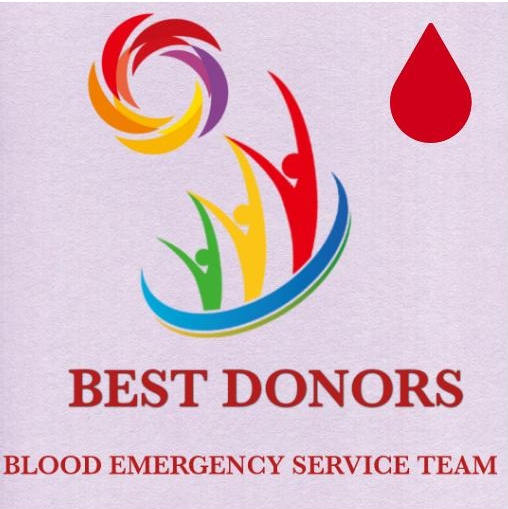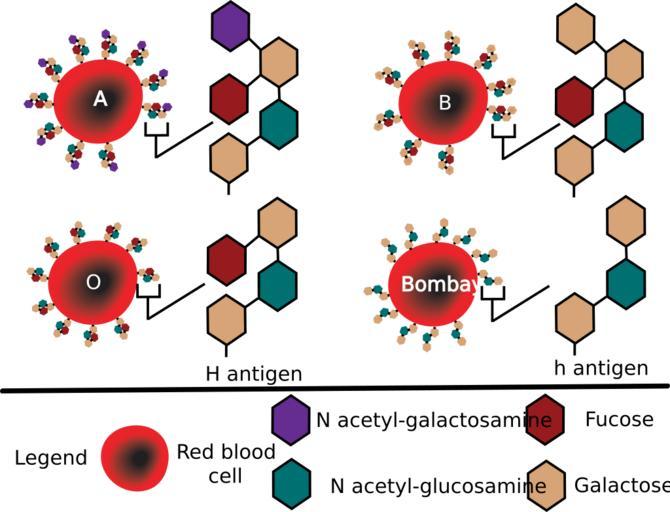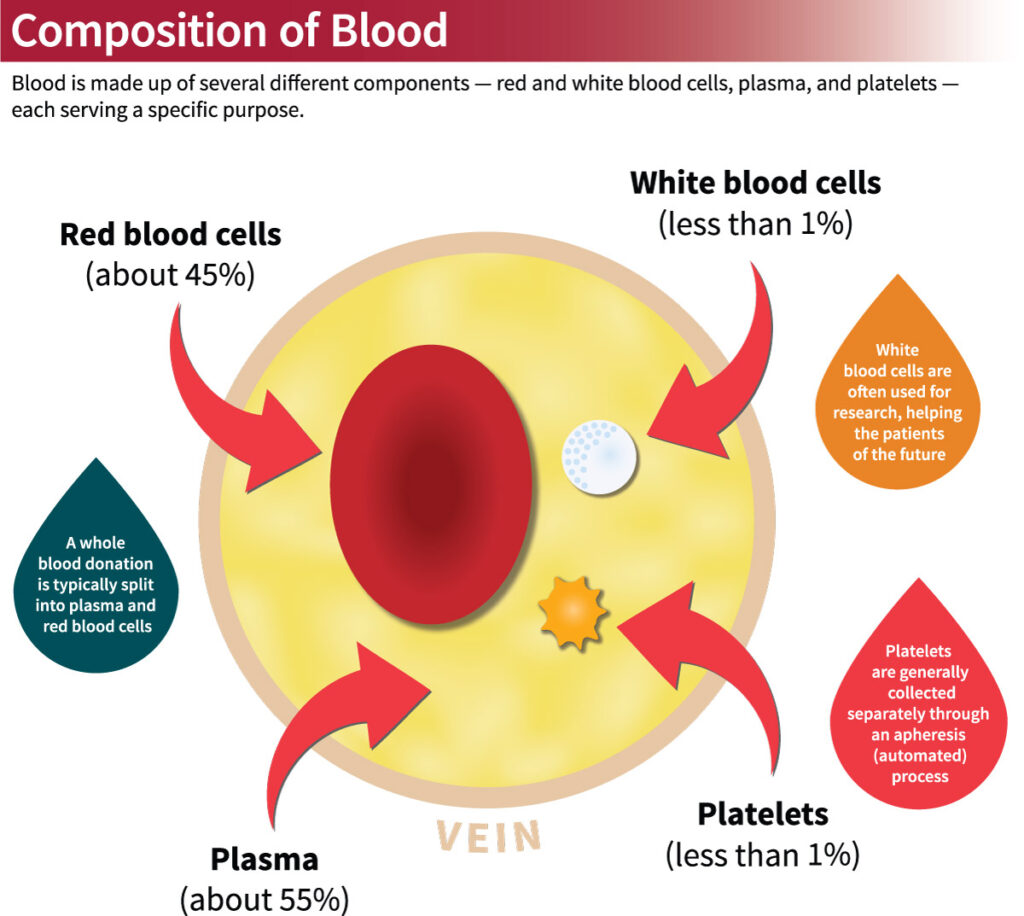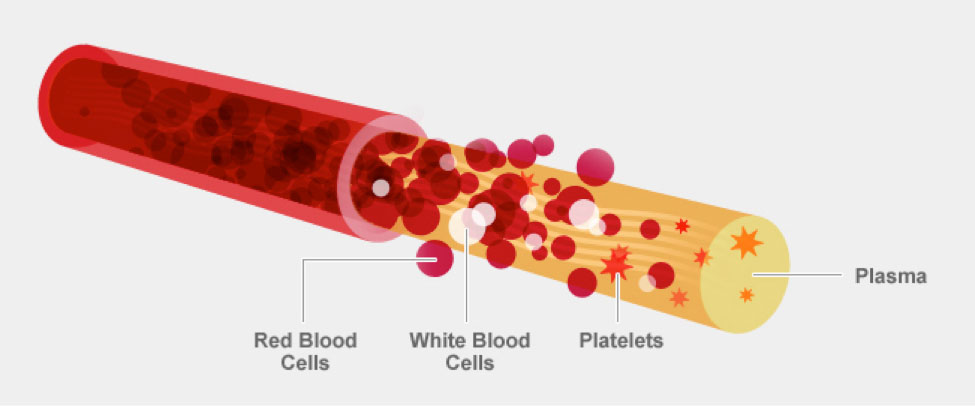
There are four components in our blood.
The universal blood type that is compatible with all blood types is O negative blood group.
Present Situation On Blood Group Availability:
Now a days, there is a lot of blood requirements and number of blood donors are very less than the actual requirement.
In current situation, the blood donors who are donating blood or platelets in emergency are donating within less time than the specified gap because of lack of blood donors.
Usually if donated blood, there must be at least 3 months gap and if donated platelets, there must be at least 2 weeks gap.
These regular donors are donating regularly but many people are not aware of these blood donations and many have negative impressions on these donations.
Shortage of Blood Group Types:
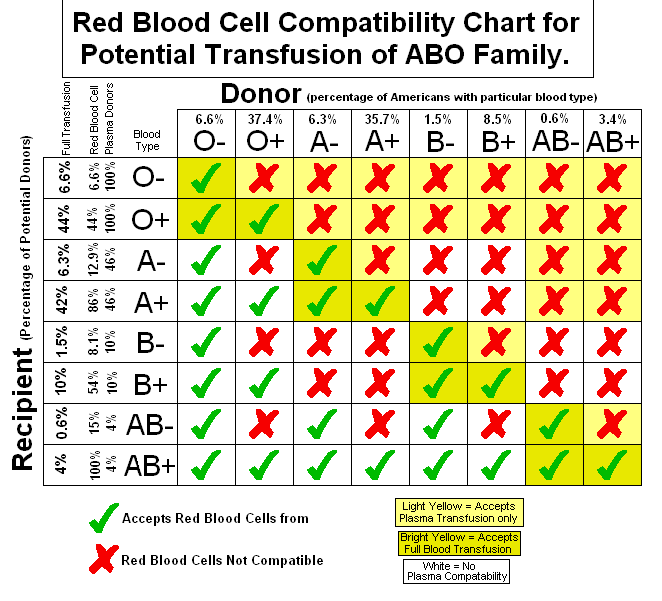
Blood group type O is in high demand and in short supply.
To overcome this shortage and to solve the blood shortage problem,
scientists are striving hard to find out the permanent solution for the blood.
Experimenting on other blood groups to make universal blood type.
Scientists experiments in creating universal blood Type:
The scientists are trying to create a blood group that is compatible with all blood types so that no one can die due to lack of blood.
Those experiments are going on but there are many factors need to be considered like matched antibodies, antigens, RH factor etc.
During this time, the scientists also trying to find a new way to solve this problem like in blood type there is a universal blood group O negative, they are trying to make another blood group to be universal by checking the antibodies, antigens etc.
For example, A positive have sugar molecules that can mix up with blood cells of B positive antibodies and vice versa.
Since O negative blood group does not have any antigens, it cannot be affected by any other antibodies in other blood groups and so it is called universal blood group.
So, scientists are experimenting with different approaches to strip certain sugar molecules
from the surface of type A red blood cells, effectively turning the cells into type O,
which does not contain those sugar molecules.
These molecules are called antigens technically, are what makes the transfusions of different blood types problematic.
Scientists are trying more seriously on this issue and found that
they can choose an environment where the enzymes come in contact with bacteria.
Enzymes in the human gut can convert A blood type into Blood Type O.
Found a way in converting a blood group into universal blood group:
British Columbia University Researchers have made a breakthrough in their process for converting blood groups A and B into universal blood group O, the type that is most needed by hospitals and blood banks because anyone can receive it.
The researchers settled on human gut- gastrointestinal walls, where bacteria have been found to feed on similar sugars.
The theory was that they could take human DNA from a stool sample and isolate the genes that encode the bacteria to do their sugar-eating thing in the gut.
Then they could see if that bacteria would do the job on the sugars on Type A blood cells.
After screening, cataloguing and sequencing the DNA, the researchers finally found a combination of enzymes that worked, which effectively stripped the sugars from Type A blood.
“This will really drive forward the option for blood banks to manage the blood supply,” postdoc student Peter Rahfeld, the lead author on the paper, said in a release, “as soon as we can be sure it’s safe.”
The Next Big Step:
Testing to establish that the enzymes don’t strip the blood of anything else and that the enzymes get all of the antigens from the surface of Type A blood cells, continues.
“Definitely, the research is still ongoing.
We’ve got sort of two parts that are ongoing.
One part is doing all these things on safety,” Withers said.
“The other part is trying to look further, to see if there are even better enzymes, and also to look out for better enzymes for converting B type blood.
We have focused on blood group A because that’s the most challenging one before and partly because there are reasonable enzymes for B.”
Research on new methods:
The Withers Group also is perfecting new methods of screening DNA, at a smaller volume.
Withers said researchers need to make sure the microbial enzymes have not inadvertently altered anything else on the red blood cell that could produce problems.
For now, the researchers are focusing on only converting blood type A, as it’s more common than blood type B.
Having the ability to transform blood type A to blood type O, Withers says, “would broaden our supply of blood and ease these shortages”.

A breakthrough if succeeded:
If these experiments succeed, then there is a chance of breakthrough on blood donations, which will get easy availability of blood and platelets donors to the needy in emergencies.
All of it, maybe soon, could help make blood shortages a thing of the past.
Please share or comment your views if you find any update on this.
Gaining knowledge is not about knowing everything about something; it is about knowing something about everything.
